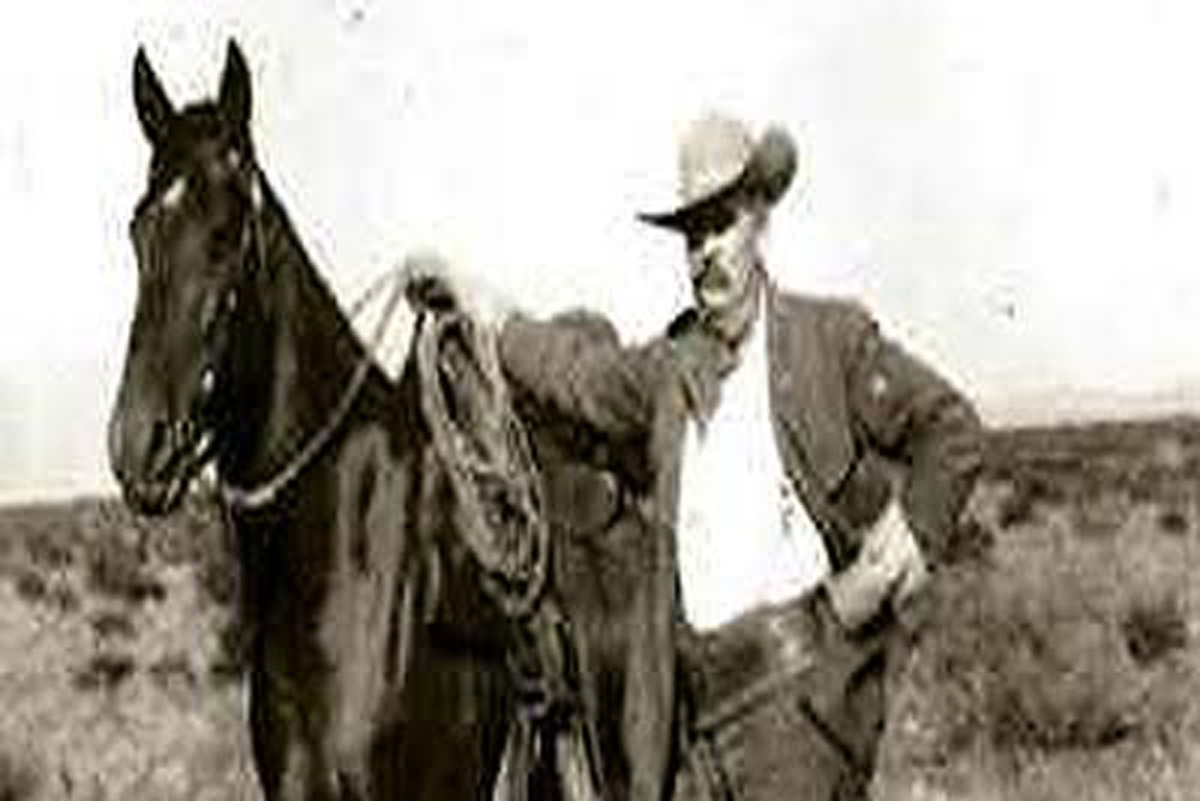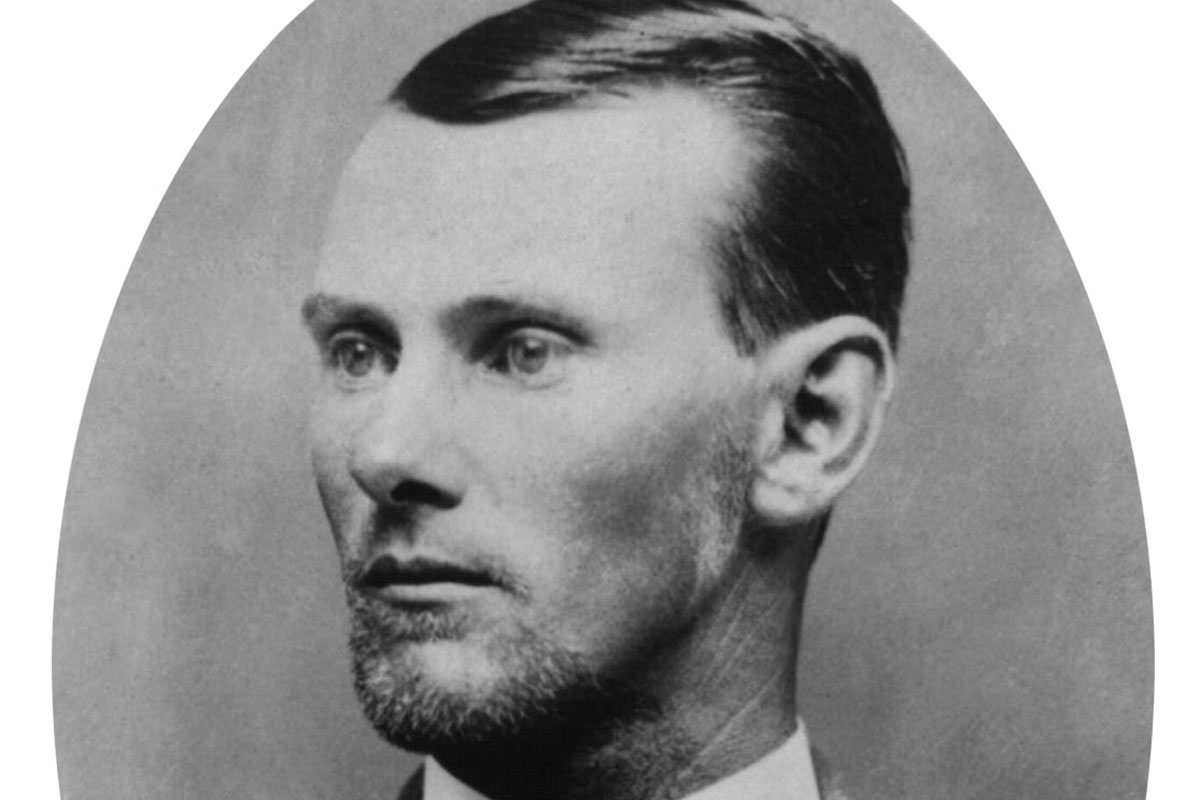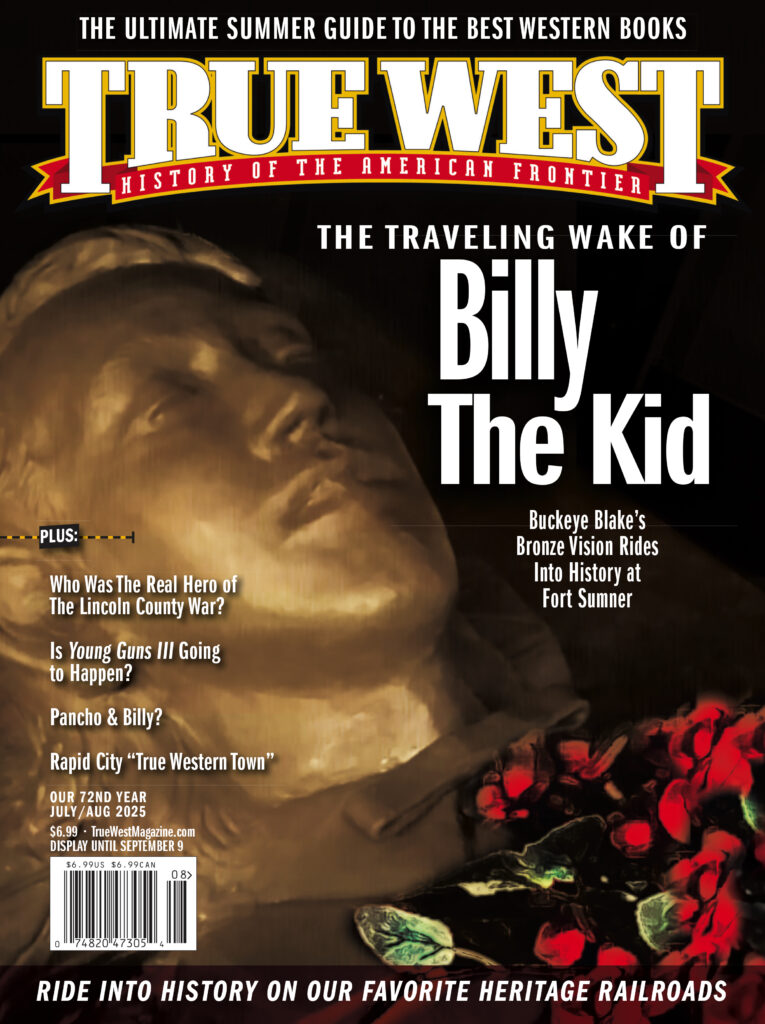
By and large there was a great deal of cooperation along the border between the Arizona Rangers and the Rurales under Colonel Emilio Kosterlitzky, a Russian who emigrated to Mexico, joined the Mexican Army, eventually became leader of the Cordada, a truculent band or rogues officered by the cream of the Mexican Army. Their elite force was the Gendarmerie Fiscal and was considered the most efficient police organization in the world at the time. For more than a quarter of a century, Kosterlitzky’s law was the only law on the northern Mexican border. If a wanted American fugitive had crossed into Mexico the Rangers put the word out to Kosterlitzky and one dark night, the fugitive was handed over to the Americans. It worked in reverse for Mexican fugitives who slipped into the U.S. These “gentlemen’s agreements” avoided diplomatic red tape. This cooperation, however, was not always true when it came to the border town police.
Cananea on Friday June 1st , until Monday June 4th, 1906. This came in the midst of a larger series of strikes that included miners, textile workers and other laborers throughout Mexico. Labor agitators descended on Cananea and began stirring up trouble, forming a union and a newspaper. This is not unlike some of the same kind of rioting that took place in Arizona mining towns in the early 1900s.The Mexican miners were being well-paid by standards of the time, but they demanded a large raise and shorter hours. They were not being paid as much as the Americanos. Also, Americans were being paid in gold and served as shift bosses and other management positions while the bulk of the labor force, the Mexicans were paid in silver pesos. William C. Greene, President and General Manager of the Cananea Consolidated Copper Company, was under pressure from Sonora Governor Rafael Yzabel, who was under pressure by Mexican ranchers and farmers to keep wages low so their laborers wouldn’t quit and go to work in the mines. Greene addressed the miners and told them he couldn’t address their grievances without the consent of Governor Yzabel. The miners didn’t buy it and they suddenly turned into an angry mob. They stormed the lumber yard, killing two Americans and setting the yard on fire. Next, they armed themselves and shooting broke out between the two sides. The Americans forted themselves inside Greene’s mansion. The fighting raged all day and when darkness came nearly 1,000 Americans, mostly women and children, boarded a train for Naco on the Arizona border. Meanwhile, Greene was pleading for relief.
Captain Tom Rynning and two Arizona Rangers, some former rangers along with volunteers from southern Arizona boarded the El Paso Southwestern Railroad for Cananea to protect American lives. He organized them into two companies and when Governor Yzabel and General Luis Torres arrived by train they commissioned Rynning a colonel in the Mexican Army. The Americanos were in violation of international law however, Yzabel and Torres realized many Americans including women and children’s lives were in danger. Rynning assured them his intentions were peaceful. They may have felt the arrival of the Americans would be useful in quelling the uprising. Colonel Kosterlitzky arrived with his Rurales Saturday evening and declared martial law. The Russian was a no-nonsense officer and immediately ordered the leaders of the uprising be “adobe walled” or executed.
On Sunday morning the Americans were asked to leave. Captain Rynning and his volunteers, along with the women and children boarded the El Paso railroad and returned to Bisbee. Rynning feared he would be fired by Arizona Governor Joseph Kibbey, who ordered him to report to the capital immediately but the ranger captain had become a hero along the border for his rescue efforts and if the governor had any plans to relieve him they evaporated when he learned the whole story.





